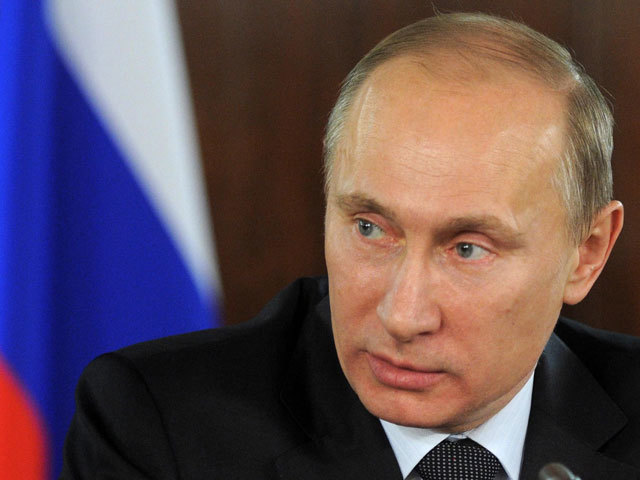
Russian President Vladimir Putin has praised an “all-embracing and strategic partnership” with China during a visit to Beijing that takes place against the background of a drop in trade and lingering mistrust.
Mr Putin told Chinese premier Li Keqiang that ties were based firmly on common economic interests – a reference to Russian hopes for Chinese investment and purchases of its oil, gas and military exports.
“Our relations really have the character of an all-embracing and strategic partnership,” Mr Putin told Mr Li at the start of their meeting at the Great Hall of the People.
Russia and China are linked by co-operation on the international stage, as well as in culture, education and other spheres, “in one way or another, everything has an economic base,” Mr Putin said.
Leaders from both countries have extolled the blossoming strategic partnership between the former communist rivals despite a major decline in two-way trade and the failure to materialise of a slew of ambitious projects.
Mr Putin later met with Chinese President Xi Jinping, to whom he said the people of both countries had a strong desire to “strengthen, develop our relations”.
The close personal relationship between Mr Putin and Mr Xi and their shared desire to counter perceived US global domination appear to be the main driving forces behind Russia-China co-operation.
The renewed push to bolster relations with China came after the US and the European Union imposed an array of sanctions on Russia over its annexation of the Crimean Peninsula in March 2014, cutting its access to world financial markets and blocking the transfer of modern technologies.
Russia was also purged from the Group of Eight leading industrialised nations.
In May 2014, Mr Putin visited Beijing and presided over the signing of numerous deals, including a mammoth 30-year natural gas contract worth 400 billion US dollars (£292 billion).
A later deal saw a branch of Chinese state-owned energy company CNPC buying a stake in a project to build a giant liquefied natural gas plant on the Yamal Peninsula in the Arctic. Also in December, China’s Sinopec bought a stake in Russia’s Sibur energy company.
China has also promised to offer multi-billion-dollar loans to help build a high-speed rail link between Moscow and the Volga River city of Kazan.
Other ambitious deals have been expected but most of them have floundered amid Russia’s economic uncertainty.
The sharp devaluation of the Russian currency under the double impact of low global oil prices and western sanctions has been a key factor behind bilateral trade dropping from nearly 100 billion dollars (£73 billion) a year in 2014 to just over 60 billion dollars (£43 billion) last year.
Moscow has also been unsettled by Beijing’s ambitious Silk Road economic belt project, intended to encourage infrastructure development in formerly Soviet Central Asia, which Russia sees as its home turf.
China has promised to co-ordinate the project with the Russia-dominated Eurasian Economic Union but clearly has put an emphasis on bilateral deals with Kazakhstan and other members of the bloc.